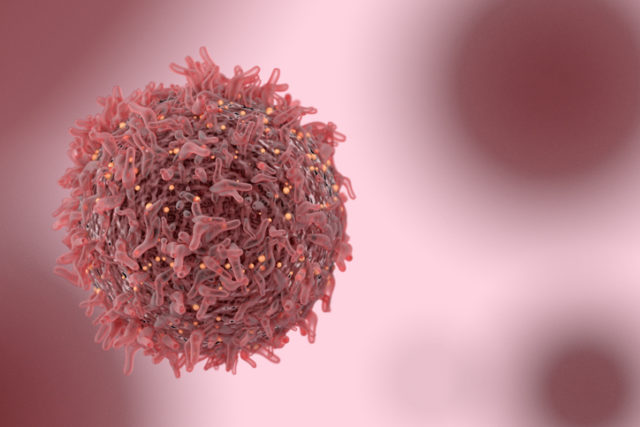
Combination therapy is a common cancer treatment strategy, the rationale being that two drugs together may be more effective than either one alone. Seagen and Nurix Therapeutics are embracing the spirit of that strategy but taking it a step further. Rather than simply combining their therapies, the two biotechs aim to pair their respective technologies to develop an entirely new class of cancer drugs.
Under the terms of the multi-year agreement announced Thursday, Seagen is paying Nurix $60 million up front to begin working together in what Nurix CEO Arthur Sands described as “a strategic, landmark event” for the companies’ respective fields.
Nurix develops drugs called targeted protein degraders. This drug class leverages a built-in cellular system for disposing of proteins as a way to eliminate the proteins that cause disease. In addition to cancer, San Francisco-based Nurix is developing degraders for inflammatory disorders. Nurix is one of several biotechs in this still emerging drug class.
Seagen, based in Bothell, Washington, specializes in a class of drugs called antibody drug conjugates, or ADCs. These biologic medicines employ a targeting antibody that is chemically linked to a toxic drug payload. The targeting ability of the antibody is meant to deliver a precision strike that spares healthy tissue from the effects of the toxic drug (though toxic effects can still develop if the drug payload is released early). ADCs are one of the hottest areas of cancer drug research, and Seagen’s success in the field—three FDA-approved ADCs so far with more in the pipeline—is a key reason Pfizer is buying the company for $43 billion.
The Seagen/Nurix collaboration aims to combine protein degraders with ADCs to create a new class of cancer medicines the companies call degrader antibody conjugates, or DACs. In a DAC, the drug payload is the protein degrader. Nurix calls DACs the next generation of ADCs. A Nurix investor presentation includes a graphic that depicts an antibody with a single degrader attached. But Sands, speaking during a conference call Thursday, said that each antibody will have a payload of multiple degrader molecules attached at separate sites.
“This approach, using the degrader as the payload, vastly increases the potential target universe of ADCs,” Sands said. “In addition, a single degrader molecule could be attached to multiple different antibodies, providing a multiplicity of product opportunities under this collaboration.”
Protein degraders are small molecules formulated for oral delivery. The biotech already has degrader collaborations with Gilead Sciences and Sanofi. The alliance with Seagen brings Nurix into the realm of intravenously infused biologic drugs. Nurix Chief Scientific Officer Gwenn Hansen said not having to optimize for oral dosing gives the company additional flexibility in designing its degraders. There’s potential for the company to come up with DAC-specific degraders. The targeting capability of an antibody also expands the range of targets relevant for degraders, Hansen said. For example, if a degrader has the effect of eliminating a target protein that’s essential for healthy cells, it isn’t viable as a drug.
“[But] if you can then restrict the delivery of that degrader only to the diseased cells, then you can use that target,” Hansen said. “That could be a real advantage to expand the repertoire of places that you can take degraders.”
Sands said some of the targets for the collaboration have been identified, adding that they are new targets for Nurix. The companies are not disclosing those targets now, though Sands said the companies will pursue DAC therapies for both solid tumors and blood cancers. The deal calls for Nurix to use its proprietary technology to develop protein degraders against multiple targets nominated by Seagen. Those targets will also be suitable for drugging with ADCs.
Seagen will be responsible for linking the degraders to antibodies to make the DACs. The ADC specialist is also responsible for advancing DAC drug candidates through preclinical and clinical development, and commercialization if they’re approved. The potential to conjugate multiple antibodies to unique degraders means that several DAC drugs may be developed and commercialized under the collaboration agreement.
If milestones are met, the payout to Nurix could reach $3.4 billion. Nurix is also in line to receive royalties from sales of any approved products that emerge from the collaboration. The deal gives Nurix the option to share in U.S. commercialization of two products from the collaboration. Sands said that component of the agreement is consistent with the company’s other collaborations.
Image: CGToolbox, Getty Images







